Rome, Eritrea participates in the Khartoum Process

The headlines, the tragedies at sea, the fear of immigrants, of their diversity, have created an out-of-focus image of Africa in the past few years in Europe – an indistinct country, a poor country, which you must “donate” to in order to keep it at distance.
The reality is different. African countries today are undergoing rapid economic growth at a rate of about 4.2% – higher than the 3.8% of the BRICS countries.
The International Monetary Fund (IMF) has confirmed a 6% growth for these countries in 2014, against a modest 1.2%-2.0% for the more advanced economies and a 4.5%-5.8% for developing ones.
In the next years one country out of two, with a positive growth, will be an African one.
In Rome for two days, from the 26th to the 28th November, Europe and Africa have talked about immigration and development during the “Rabat Process”, in which 58 countries have participated.
A way for the European Union, during the Italian Semester, to understand and address issues and perspectives of a continent formed by many countries, very different from one another, and with a young population and positive development perspectives.
The commitment in Africa is not the same for all countries. Italian investments are modest, the aids are under the OECD average and political and institutional attention are rear guard.
In other words, the United States have opened 47 diplomatic offices in Africa, France has opened 44, China has opened just few less, Brasil 32, India 26, while Italy only 19.
However, Federica Mogherini, CFSP High Representative has stressed, during the press conference at Villa Madama, that the EU will not lack the tools necessary for a common policy towards Africa, as there are 140 embassy representative offices.
During the first conference of the “Khartoum Process” on migration fluxes, apart from the 28 EU member states other countries have participated, such as Lybia, Egypt, South Sudan, Ethiopia, Eritrea, Djibuti, Somalia, Kenya, Tunisia.
The Italian meetings have been jointly organized by the Ministry for Foreign Affairs and International Co-Operation, by the Ministry of Internal Affairs, by the High Representative for Foreign Policy and Security and by the European Commissioner responsible for migrations. The European objective is to find a solution, together with Africa, to prevent emigration tragedies, against the assumption that this issue concerns only Southern Europe, which is geographically closer and more easily reachable, but where migrants do not want to stay.
The Khartoum Process, currently underway, takes its name from the mission carried out last July in Sudan by the Vice Minister for Foreign Affairs Lapo Pistelli, who has had the merit for opening the dialogue with Sub Saharian Africa, including some which have been banned.
Which is a good start – as Ms. Federica Mogherini said – if it was a good thing that the first step was to «put together countries which find it difficult, if not impossible, to communicate among them» and to face the issue of migrations «with the authorities of the countries of origin and transit».
We hope that this is the beginning of a new process and a new narrative about Africa, so that not only the problems are seen, but also the results achieved.
In many Sub-Saharian countries there is a gradual reduction of infant mortality alongside a slow, but steady diffusion of literacy. The percentage of the population living on less than two dollars a day has decreased from 59.4% in 1993 to 47.5% in 2008. A trend confirmed also by some of the most populous countries in the Region, such as Ethiopia, Nigeria and South Africa.
Migrants’ movements – said the Italian Minister for Internal Affairs, Angelino Alfano – cannot be left «in the hands of the most macabre and horrible travel agency of our times and of history», while Europe cannot just deal with rescue operations at sea, even if these are carried out with expertise and ability by Mare Nostrum and Triton.
We must intervene beforehand, acting in the countries of Origin.
That is why the presence in Rome of the countries from which migrants depart and transit was important. An internal dialogue within the EU would have been a monologue, an expression by self-assured countries, which have “helped” Africa, in a not so remote time, by colonizing it.
Most of the migrants, according to the latest report by the United Nations High Committee for Refugees (UNHCR) come from Syria and Eritrea, followed by Mali, Nigeria, Somalia, Egypt, and such arrivals are caused by different reasons.
In Eritrea, a country, which has very recently become independent (1993), national military service which was formerly of 18 months’ duration has become – after the conflict with Ethiopia (1998-2000) – very long, ruining projects and perspectives.
During a press conference Federica Mogherini said she was talking about human rights, that is the long military service, with the Representatives of Eritrean Authorities.
In the same hours the agency Askanews, reporting Eritrean diplomatic sources, spread a note saying that during bilateral meetings with Italy, Eritrea declared that it wanted to reinstate an 18-month long military service.
If this is the case, it would be a good result for the “Khartoum Process”.
In this way Eritrea would stretch its hand to young people who abandon the country to seek fortune elsewhere.
Recently the “Eritrea-Drivers and Root Causes of Emigration, National Service and Possibility of Return” Report has been published, fruit of the work on the field carried out last October by the Danish Immigration Service. In this report is written that people who have deserted or have not served national military service, shall not incur sanctions or punishments, should they decide to repatriate.
The main reason for the prolonged military service and its terrible consequences on the lives of young people and international society at large, however, has not been resolved, yet.
In 2002 the Algiers Agreements, “definitive and binding” imposed that Ethiopia leave the area around Badme – a contended border region, established to be Eritrean, but not so in actual fact, causing Eritrea to enter into a “not peace not war” situation, which slows down its development, creating a profound crisis.
In Italy, during a press conference Minister for Foreign Affairs Paolo Gentiloni said «since January 1st this year we have had 162 thousand disembarkations, whereas the previous year they were approximately 40 thousand». 90% of migrants arrive from Lybia, «giving us a sense of the long trip they make during which they incur major risks».
There are three main points of the Khartoum Process: the common effort of European Countries, the joint work of the ministries for foreign affairs and internal affairs and the analysis at EU level of the migrations issue, identifying its many components.
With regards to asylum seekers, the Khartoum Process has voted unanimously for the opening of new refugee camps in the countries able to host them, under supervision by international humanitarian organizations, above all of OIM and UNHCR.
Minister Alfano, during a press conference, to explain this central point, talks about resettlement, so that Europe can have a “fair distribution” of migrants, accepting those who, according to international treaties, have a right to asylum.
But where are today the people who escaped and who are seeking a new life thanks to asylum and humanitarian corridors?
In Ethiopia there are four refugee camps hosting 85 thousand people of which 3.500 are children. In Sudan there are the refugee camps in Shagaab and Wedi Serifay. The problem, however, is what happens in these camps.
Many people have fallen into the traps of traffickers just where they should have been safe. The situation of the traffick of human beings, including Eritreans, has been denounced in more than one occasion and during the Rome conference, the Eritrean Minister for Foreign Affairs, Osman Saleh did it once more.
Migrations cannot be stopped by forbidding them or by closing borders. People will stay at home only when wars will stop and when food will be available. However, a joint Euro-African sign against the business of migrations, a sign to unmask situations, which are only apparently lawful and to make the evil business impossible, cannot be underestimated. Likewise, the attendance of Lybia at the conference cannot be ridiculed, because the Karthoum Process is not the 2008 Italy-Lybia friendship treaty. And because, we repeat it once more, Lybia is crucial for the traffick of human beings.
I would like to close with a quotation by the Senegalese historian Cheik Anta Diop who referring to the relation between Africa and Europe said: «we did not have the same past, we will have the same future».
We hope so.
Marilena Dolce
@EritreaLive
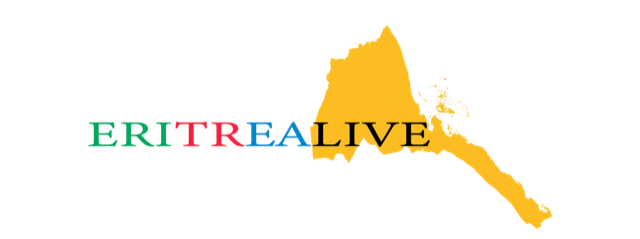
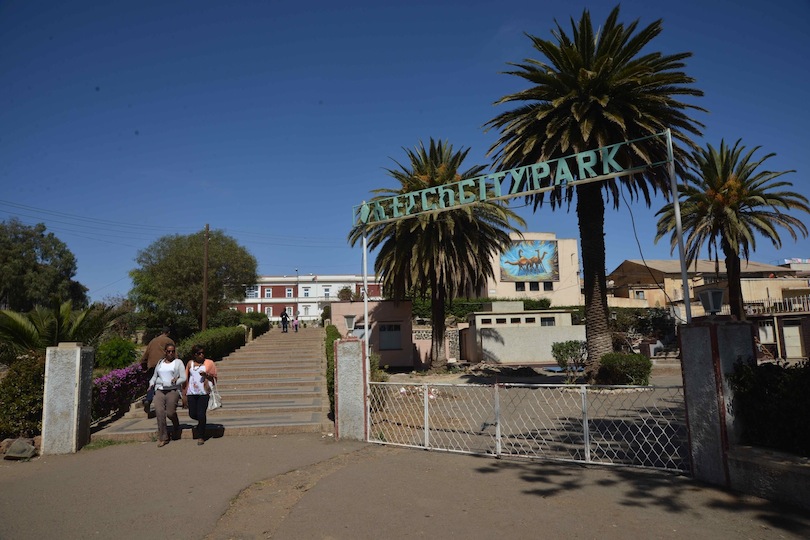
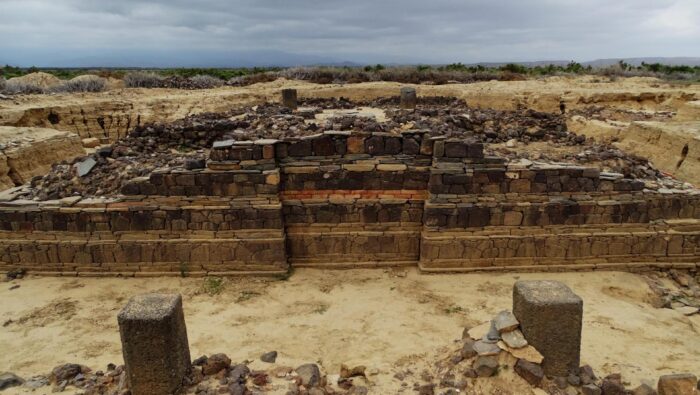
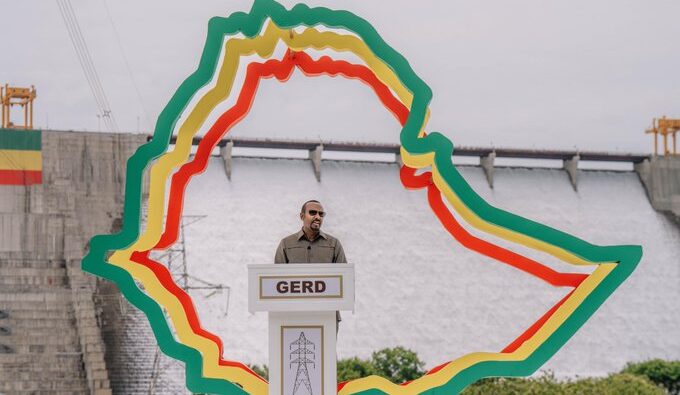
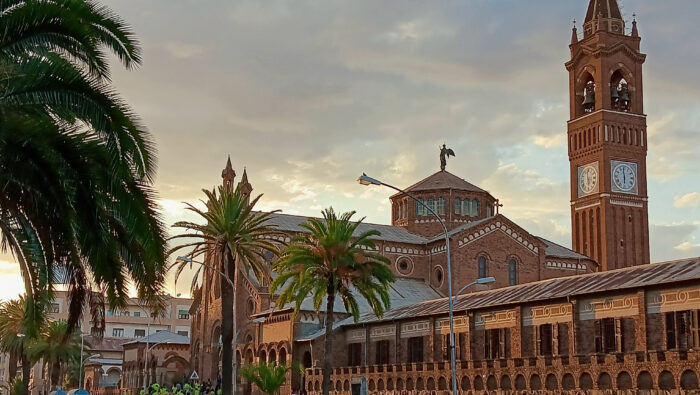
Lascia un commento